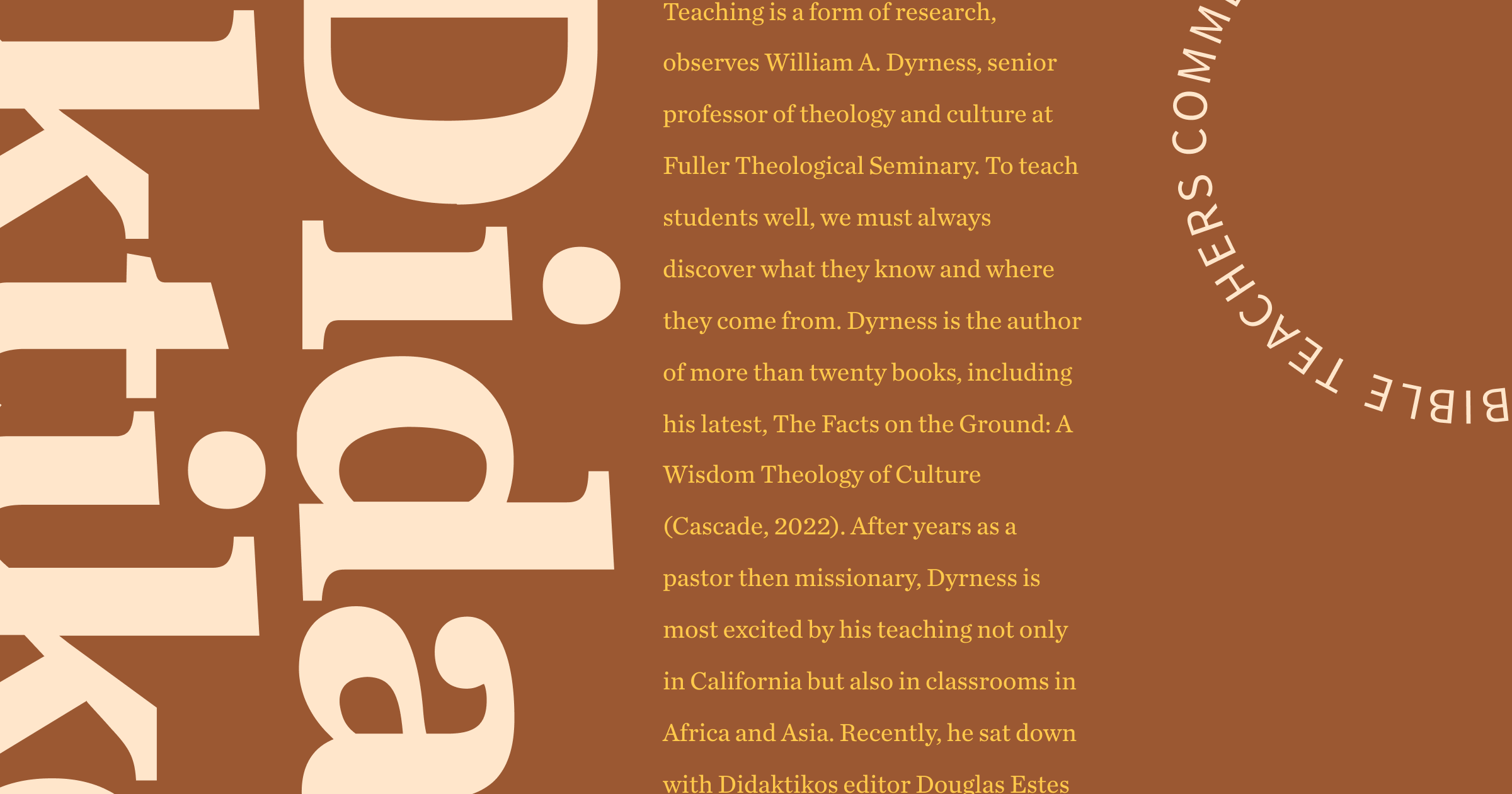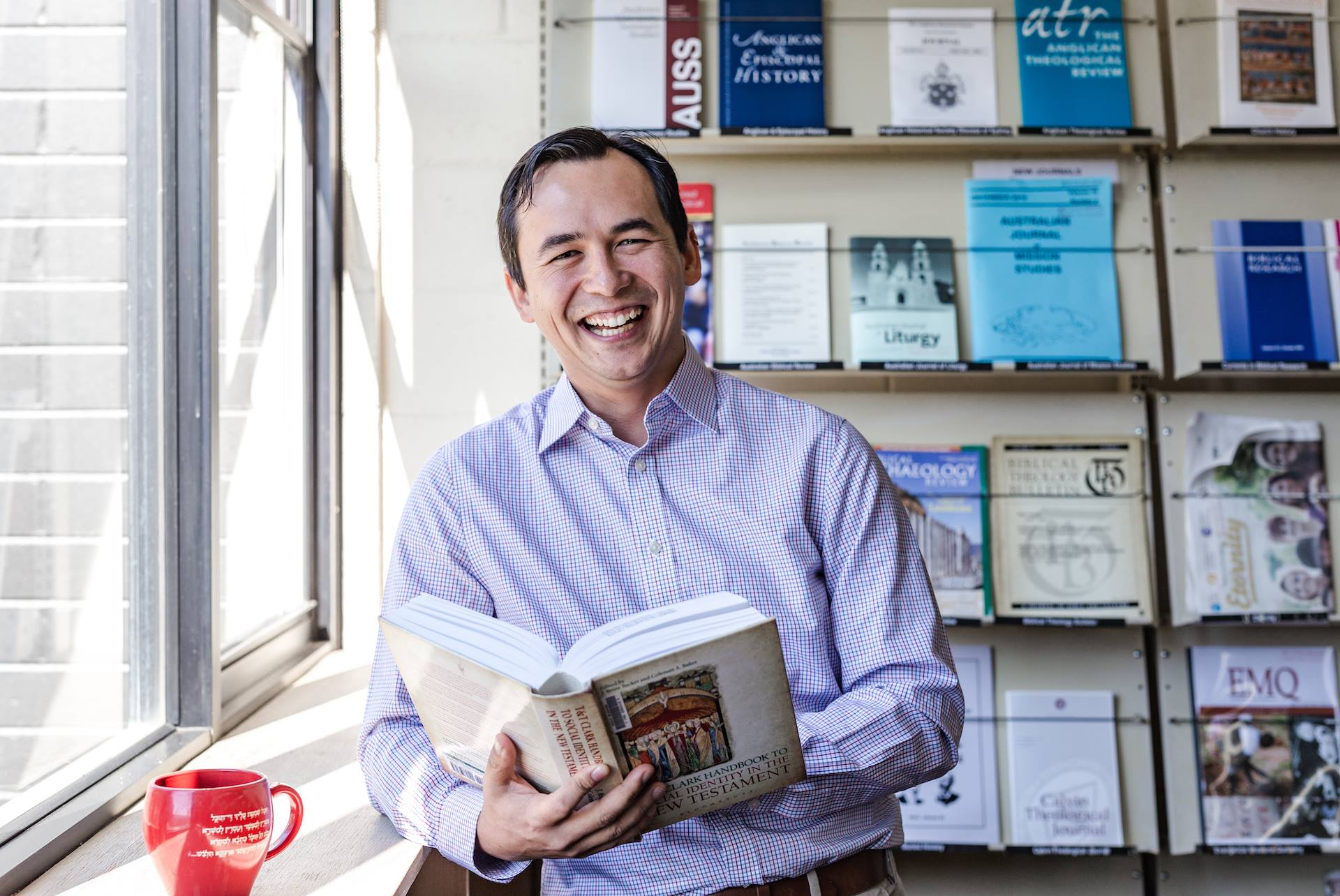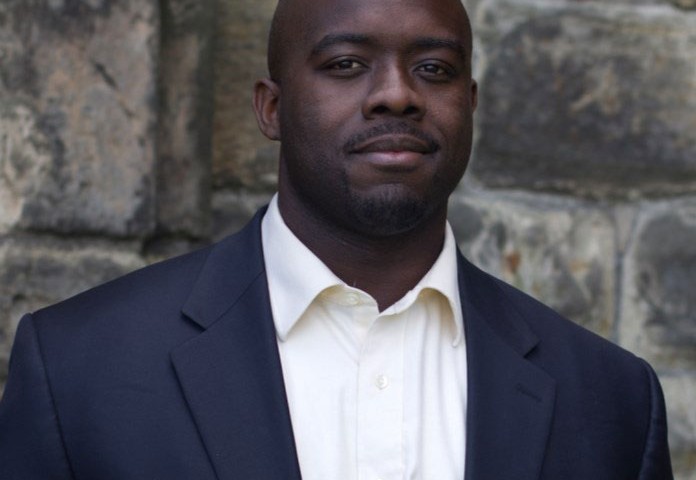Whether you’re choosing a new Sunday school curriculum or writing one from scratch, consider following these four steps as a guide to get you started. Pray Choose a curriculum Find supporting resources Share with teachers If you truly want to write...
A recent article detailed what higher education might look like after COVID-19. I agree with most of the observations in that article, if the goal is simply to return to the pre-pandemic status quo. But what if we took this disruption as an...
Until a few weeks ago, COVID-19 was a distant problem that many discounted as superfluous to their life; it is a global catastrophe. No one today questions the relevancy of COVID-19 to their local community. The surge of articles, blogs, and news...
A Beneficial Mentoring Relationship Requires Intentionality Daniel Scott and Taylor Reimer | Tyndale University College and Seminary ‘‘Not the least shyness, now, Telemakhos,” says the original Mentor in The Odyssey. He appears as an old trusted...
"Bernard’s brilliance is not his use of so-called critical methods but in the fact that, as a monk, he had prayed, read and studied the Sacred Scriptures so intently that his vocabulary is literally a biblical vocabulary."
One of my warmest memories with Professor Hurtado occurred in 2014 at SBL in San Diego over a meal. We went to lunch at a French café and before we began eating, he paused and said: “Let’s pray over our meal.” He thanked God for the meal, closing...
Teaching is often thankless and can be exhausting. Yet every day teachers impact society by the lives they touch. Since today is World Teachers’ Day, we at Faithlife want to say “thank you” to all teachers for the work you do. Here are five unique...
An Example of Co-Teaching as a Means of Modeling Interdisciplinary Dialogue Eric J. Tully | Trinity Evangelical Divinity School One of the challenges in Christian higher education is navigating the tension between various fields of study. Christian...
Strive to be a professor who is concerned about heart application as much as theological information.
Scot Miller reviews Emma Wasserman’s Apocalypse as Holy War: Divine Politics and Polemics in the Letters of Paul Emma Wasserman, Yale University Press, 2018. 352 pp. This present era of binary perspectives and hyperbolic representations of...
by Chris Porter Coming to biblical studies from prior research in the social sciences I am often asked what makes for good interdisciplinary research. While a valid question, I think the more interesting question is what makes a good...
Book Review Paula Gooder, IVP Academic, 2018. 316 pp. Review by Reta Finger. I commend to you our sister Phoebe, a deacon of the church at Cenchreae, so that you my welcome her in the Lord as is fitting for the saints, and help her in whatever she...
Tom Holland, Tom Wright and the Search for Truth: A Theological Evaluation (London: Apiary Publishing), 2017. Pp. 495. by Don Garlington This full-sized volume consists of thirteen chapters: (1) “Probing the Contours of Recent Research;” (2)...
When I was invited to contribute to the series, What makes a good Biblical Scholar or Theologian?, I decided to do something a bit different. While I have my opinions on exegetical method, there are a multitude of scholars who can provide more...
Editor’s note: Crispin Fletcher-Louis has disrupted our normal series on “What makes a good Biblica Scholar or Theologian?” with a title of his own making. We’ll let it slide, because his advice is just that good. Enjoy the...
Book Review David B. Capes, Rodney Reeves, and E. Randolph Richards, editors, IVP Academic, 2017. According to the Introduction, the work is intended as a student textbook that covers, in a manageable size, several aspects of Paul: his background...
Book Review Paula Fredriksen, Yale University Press, 2017, 336 pp. Widely recognized for her works on Augustine and Christian origins, in her latest book Paula Fredriksen turns her full attention to the apostle Paul. She impressively develops a...
Robert J. Cara, Cracking the Foundation of The New Perspective on Paul: Covenantal Nomism Versus Reformed Theology. Reformed, Exegetical and Doctrinal Studies. London: Mentor (Christian Focus Publications), 2017. by Don Garlington This book is the...
5 Resources You Need to Succeed in Seminary When I began seminary 7 years ago, I was ignorant of the tools that would help me succeed in the classroom, the pulpit, and now postgraduate studies. Logos’ Back-to-School Sale includes dozens of...
The following is a guest post by Paul Nitz, who teaches at the Lutheran Bible Institute, Lilongwe, Malawi. From Seminary to Africa I took the requisite four years of New Testament Greek at a ministerial college. After some more Greek at seminary, I...
Book Review Garwood P. Anderson (IVP Academic), 2016, 457 pp. What began as a promising breakthrough in Pauline studies just three decades ago — “the new perspective on Paul,” as James D.G. Dunn famously dubbed it in 1982 — seems in...
Most of what we learn in life is determined by the questions we bring to it. As a young seminarian, fresh out of college, I don’t have significant pastoral experience. In my classrooms are older men and women, several of them in their sixties...
When I first arrived at seminary, they sat us all down and gave us lecture after lecture about all the rules and guidelines for graduating with our degrees. They told us the required courses, the available concentrations, and gave us tips on...
You have so many books to read, who can afford to read any more? That’s an excellent question, and a justification I used for burying my head in theology text after theology text. But I’ve starting asking a different question: “I...
I do not enjoy details. I do not enjoy rigidly structured environments. I do not enjoy tedium. And as a child, I loved the open window more than I loved the chalkboard. So why then, do I enjoy taking biblical Greek? Going into my first Greek class...
Imagine a very little boy sitting on his father’s lap, watching a basketball game. The father talks with the boy about the game as they watch, telling him all sorts of things about the players and the rules and things like that. Most of these things...
Is it worth it? The time? The money? The sacrifices? Those were just a few of the questions running through my head and heart as I stood over the washing machine a number of years ago moving a load into the dryer. It was not a good season in many...
Learning the biblical languages can be very discouraging and frustrating. Studies and experience have shown that this is the most difficult aspect of theological training for students over the centuries. Many theologians have come to believe that a...
In the beginning of seminary, I felt like more of a distraction than a priority. If I needed to talk to my sem hub (seminary husband) about something, I tried to wait until his mind was not occupied with his work, but found those moments few and far...

















